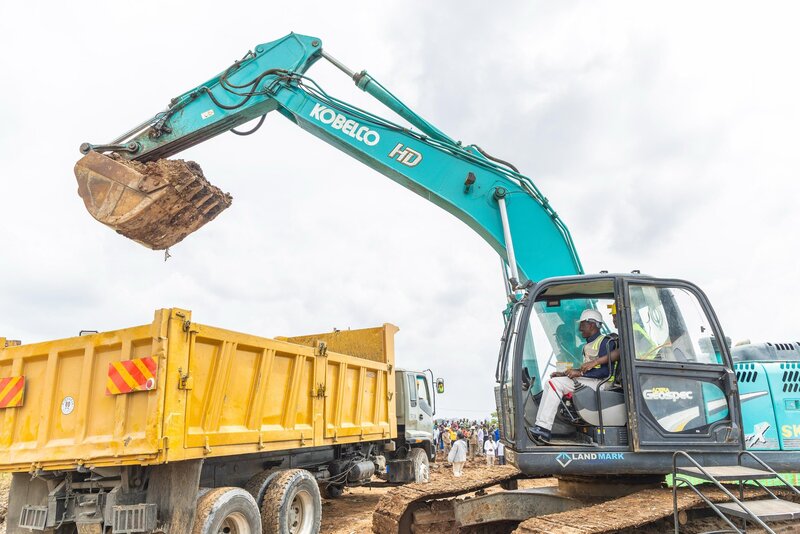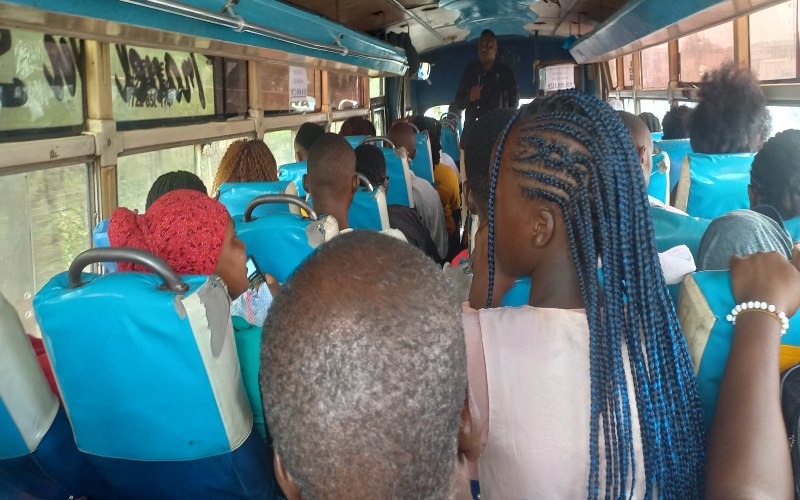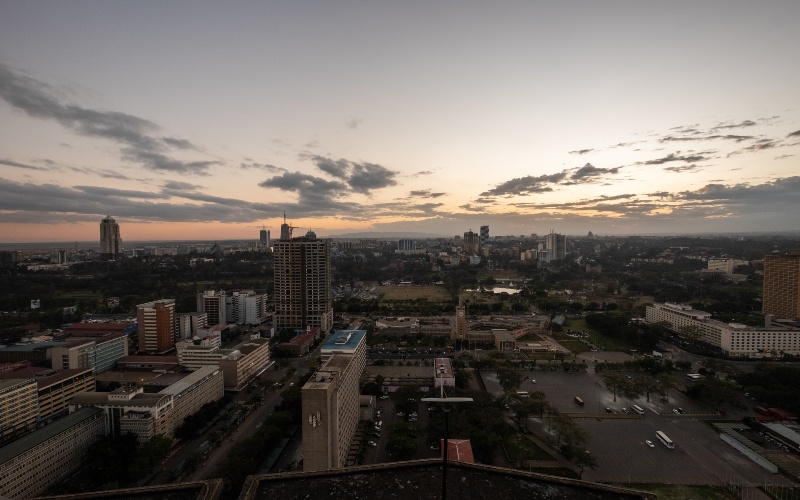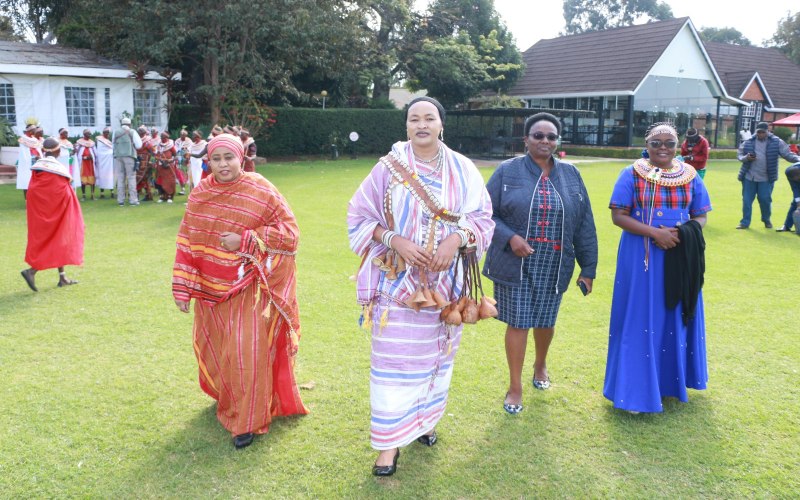Environment tribunal stops Ruto housing project in Lang’ata over flawed environmental assessment

In Omtatah’s petition, the housing development involves the construction of 17-storey apartment blocks comprising 15,950 housing units.
A tribunal has temporarily suspended a housing project in Lang’ata, part of the government’s Affordable Housing Programme, citing inadequate environmental assessment.
The National Environment Tribunal halted the construction pending the hearing and determination of a suit filed by Busia Senator Okiya Omtatah.
More To Read
- Truphena Muthoni smashes own world record, hugs tree for 72 hours in Nyeri
- Supporting Africa’s drylands: Insights from the pastoralists who call them home
- Parliament seeks Controller of Budget control of Sh63 billion Housing Levy to curb misuse
- Law Society of Kenya demands immediate halt to Makongeni demolitions over lack of compensation
- Only 54 of 540 acres properly titled for affordable housing, governors warn
- Truck that overturned in Uasin Gishu was ferrying natural rubber latex to DRC
“In the interim, prayer No. 2 (halting the project) of the application is allowed as prayed,” the tribunal ruled.
In Omtatah’s petition, the housing development involves the construction of 17-storey apartment blocks comprising 15,950 housing units.
The project, known as the Southlands Affordable Housing Project, is being implemented by the Ministry of Lands, Housing and Urban Development.
Omtatah claimed the development is being undertaken on land originally designated as a transport corridor and noise buffer zone for residents of Southlands, Civil Servants, Uhuru Gardens, Maasai, White House, and other neighbouring estates in Lang’ata Constituency.
He further alleged that the National Environment Management Authority (NEMA) failed to take any action despite being notified that the project was proceeding without the mandatory Environmental and Social Impact Assessments and the requisite approvals.
He argued it was necessary to halt the construction to give the tribunal time to fairly adjudicate the matter.
The senator also claimed no public participation was carried out, stating that residents only became aware of the project after surveyors began working in their backyards, encroaching on the buffer zone.
The site in question forms part of the 120-metre-wide Trans-African Transport Corridor Road and Rail Reserve, with the Southern Bypass already constructed on part of the land.
“No studies have been conducted to determine the impact that the 17-storey buildings and the high population the project will generate will have on strategic national facilities across the road—such as the iconic Nairobi National Park (the only urban wildlife park in the world), the Lang’ata Barracks, and Wilson Airport (which requires an unobstructed flight path),” he said.
He argued that proceeding with the development without an Environmental Impact Assessment (EIA) and a licence is unlawful.
Omtatah estimated that if each of the 15,950 units houses five people, the project could bring in more than 75,000 new residents, further straining local infrastructure and public services.
“Due to the construction of this housing project, residents are facing an imminent existential threat from pollution and congestion, while all Kenyans will suffer from the illegal grabbing of public land reserved for infrastructure,” he said.
He added that the completed project would severely burden existing infrastructure, including access roads and essential services such as water supply, drainage, security, and fire safety. He noted that residents currently receive piped water only once a week.
The development, he warned, would negatively impact the environment, including reducing green spaces and airflow. Environmental degradation caused by vibrations, noise, and dust pollution would pose serious health and safety risks.
Omtatah further argued that the project would alter the character of the neighbourhood and lower property values. Citing market analyses and recent local sentiment, he warned that introducing the Affordable Housing Programme (AHP) in Lang’ata would likely reduce nearby property values by an estimated 5–15 per cent.
“This projected devaluation will result from the influx of affordable, high-density units into a predominantly upscale area. In the short term, the sudden increase in supply may disrupt the existing balance, particularly in a controlled zone traditionally characterised by low-density, high-value properties,” he said.
President William Ruto had pledged to construct 250,000 affordable housing units annually during his tenure, although this target is yet to be met.
The tribunal, chaired by Emmanuel Mumia, certified the case as urgent. A ruling will be delivered on June 9.
Top Stories Today












































